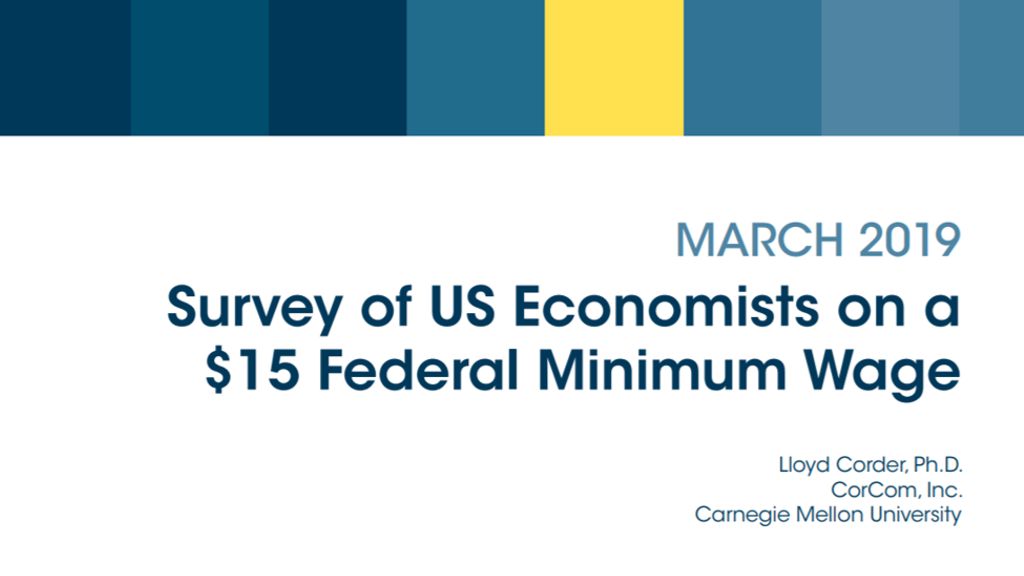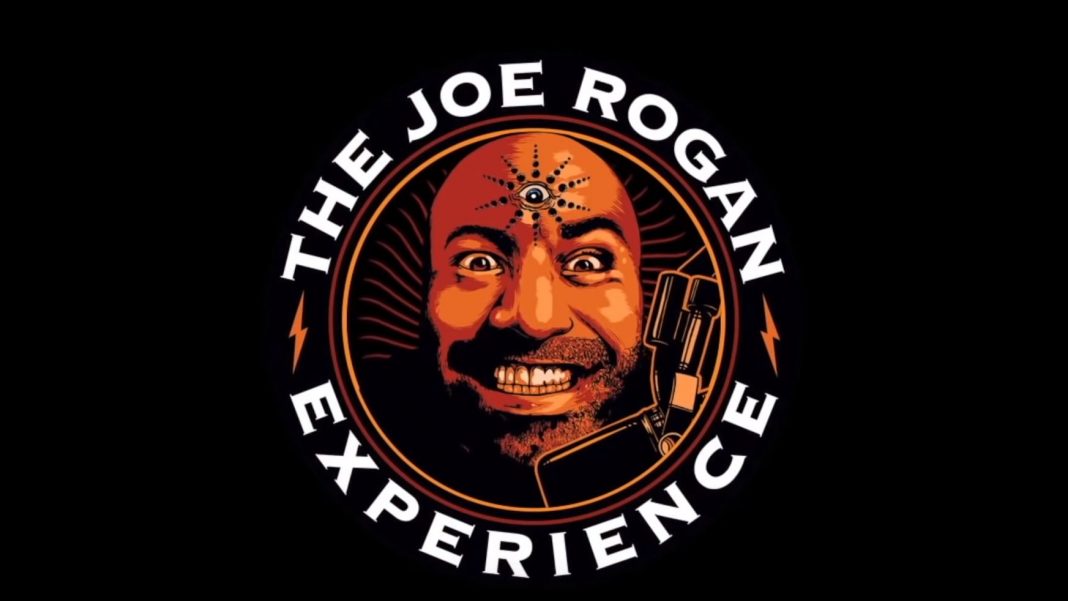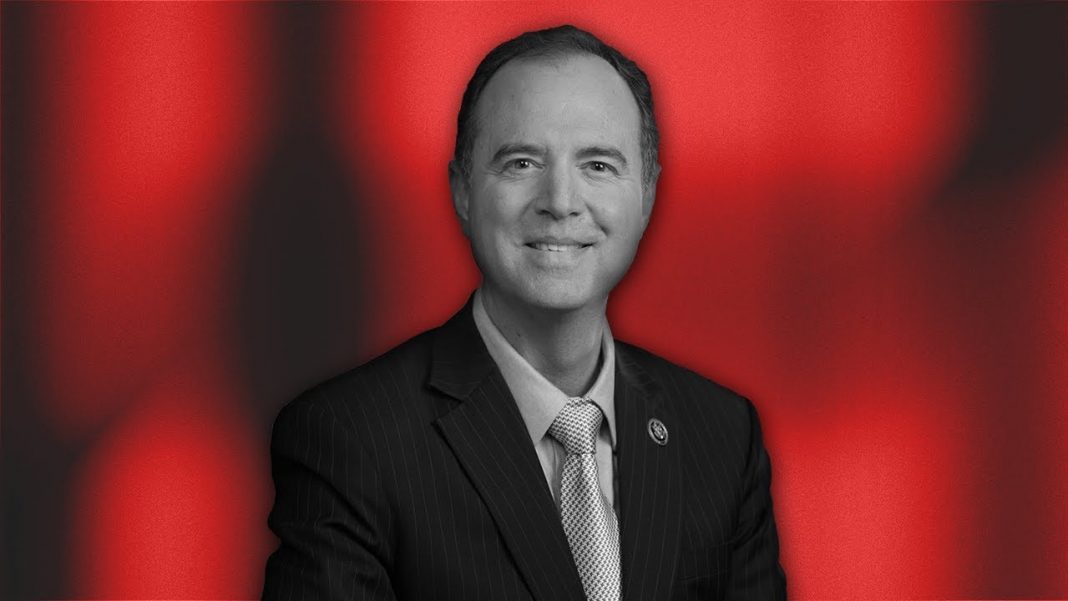Executive Summary
The University of New Hampshire Survey Center conducted a survey of economists for the Employment Policies Institute (EPI). The specific areas of interest are economists’ opinions on a $15 minimum wage. Invitation and reminder emails were sent to five hundred and fifty-five (555) US based economists from a list provided by EPI. EPI obtained the list in June 2015 from a database of roughly 1,400 prominent economists from around the world maintained by the Institute for the Study of Labor.
One hundred sixty-six (166) completed the survey between September 22 and October 16, 2015. The overall response rate for the survey was 30%. The following figures display survey results, the survey instrument can be found in Appendix A.
Key Findings
• Nearly three-quarters of these US-based economists oppose a federal minimum wage of $15.00 per hour.
• The majority of surveyed economists believe a $15.00 per hour minimum wage will have negative effects on youth employment levels (83%), adult employment levels (52%), and the number of jobs available (76%).
• When economists were asked what effect a $15.00 per hour minimum wage will have on the skill level of entry-level positions, 8 out of 10 economists (80%) believe employers will hire entry-level positions with greater skills.
• When economists were asked what effect a $15.00 per hour minimum wage will have on small businesses with fewer than 50 employees, nearly 7 out of 10 economists (67%) believe it would make it harder for them to stay in business.
• A majority of surveyed economists (71%) believe that the Earned Income Tax Credit (EITC) is a very efficient way to address the income needs of poor families; only five percent believe a $15.00 per hour minimum wage would be very efficient.
• The economists surveyed are divided on the impact of a $15.00 per hour minimum wage will have on poverty rates, as well as the impact it would have on the spending level for public programs such as the EITC, TANF, or others.
• At lower levels (under $11.00 per hour) of proposed federal minimum wages, economists are divided largely by self-identified party identification as to an acceptable rate with a majority of Republicans and Independents who responded favoring lower minimum wages ($7.50 per hour or less) and a plurality of Democrats who responded preferring a minimum wage between $10.00 and $10.50 per hour.
Employment Policies Institute Survey of US Economists on a $15 Federal Minimum Wage PDF
EPI_Feb2019_MinWageSurvey-FINAL- Who Really Benefits From A Minimum Wage Hike? (Press Release)
- John Edwards Should Separate Self From ACORN’s Baggage On Columbus Minimum Wage Tour (Press Release)
- Failed Stimulus (Study)








